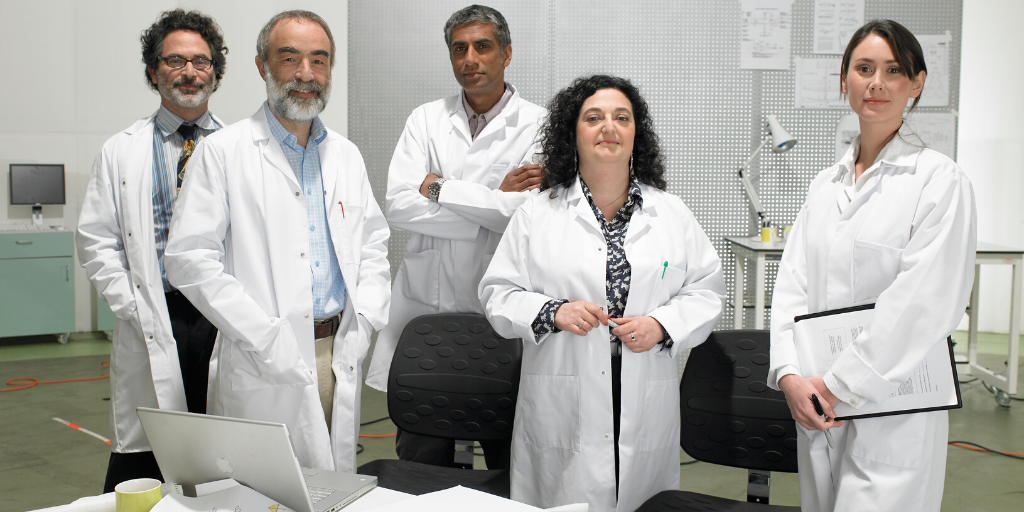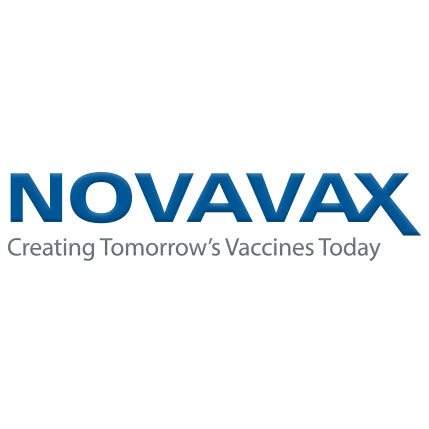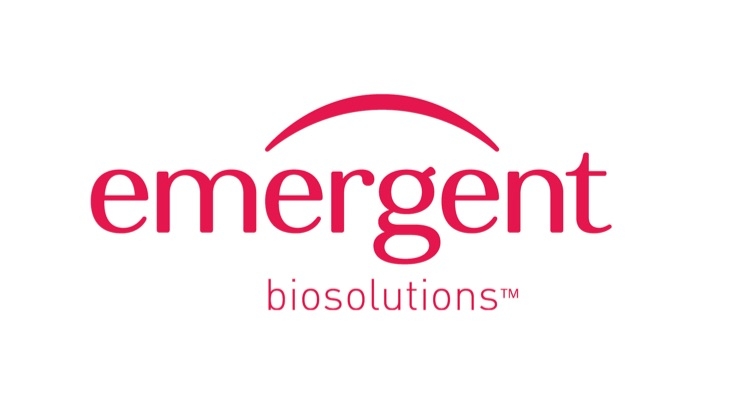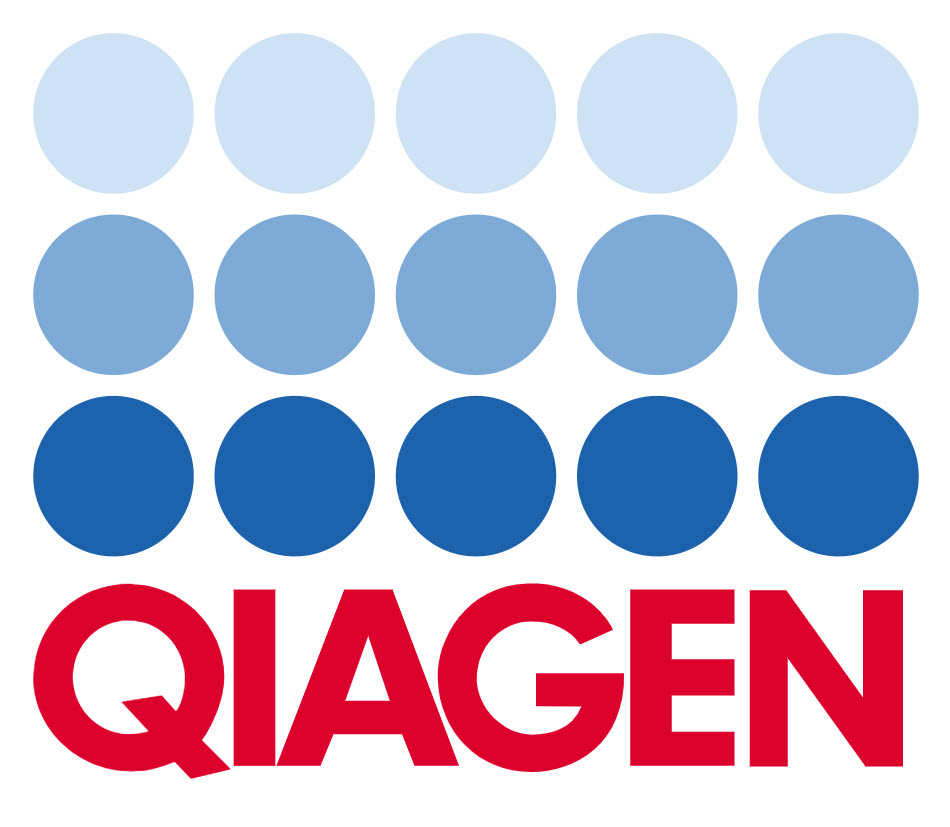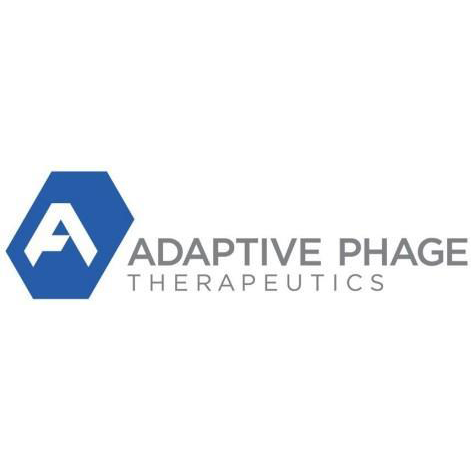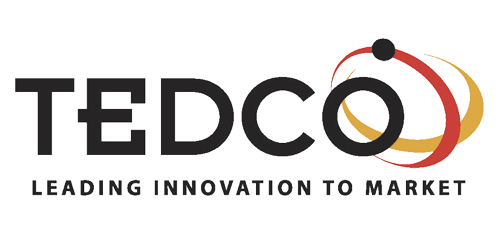GAITHERSBURG, MD — January 08, 2020 – NexImmune, a clinical-stage biopharmaceutical company developing novel immune-therapeutics based on a proprietary Artificial Immune Modulation (AIM) nanotechnology platform, announced that industry veterans Han Myint, MD, and John Trainer, MBA, have been appointed as the Company’s Chief Medical Officer and Chief Financial Officer, respectively.
Dr. Myint commented, “I am very excited to join NexImmune at such a time where I can leverage my professional experience to oversee the Company’s first two clinical trials for NEXI-001 and NEXI-002 in patients with relapsed forms of Acute Myeloid Leukemia (AML) and Multiple Myeloma, respectively. The Company has developed a novel technology that direcects endogenous T cells against multiple tumor antigen targets. For patients suffering from a variety of cancers, I believe this approach has the potential to deliver potent anti-tumor activity while minimizing potential off-target toxicities, and I am looking forward to working with team to make this a reality for these patients.”
Trainer commented, “The tremendous potential of the NexImmune AIM platform in multiple types of cancer and other disease areas is a significant growth opportunity. Scaling up and financing this growth through additional capital raises, partnerships and a potential IPO will be a top priority. I’m excited to be a part of the NexImmune team as we push forward on our mission to help patients.”
Dr. Myint most recently served as the Vice President of Global Medical Affairs – Myeloid Diseases at Celgene. While in that role, he led the Global Franchise Team – Myeloid, and worked very closely with cross-functional teams representing commercial, market access, regulatory, translational and clinical functions to create a cohesive global disease strategy for all development stage compounds in the Myeloid disease pipeline including AML, Myelodysplastic Syndrome (MDS), Myelofibrosis and Thalassemia. Prior to his six year tenure at Celgene, Dr. Myint practiced academic hematology at multiple prestigious institutions, including Rush University in Chicago, and became a Fellow at the Royal College of Physicians and Royal College of Pathologists in London, England. He has expertise and clinical experience in hematological malignancies and stem cell transplantation. Additionally, Dr. Myint built a FACT-accredited and Center of Excellence-Designated Transplant Program at the University of Colorado, Denver, while becoming a fellow of the American College of Physicians.
Trainer most recently served as Vice President and Head of Partnering & Strategy for MedImmune, the biologics-focused R&D unit of AstraZeneca. There, he led all in-licensing, out-licensing and collaboration work for MedImmune including such transactions as the spin-out of Viela Bio (which raised a $250m Series A). Trainer was also responsible for working with partners such as Johns Hopkins University and the NIH to help develop promising new companies and technologies. Previous to that role, Trainer was Vice President, Corporate Development for AstraZeneca and the commercial leader for AstraZeneca’s Infection, Neuroscience and Gastrointestinal group globally, as well as holding a variety of financial, transactional and commercial roles at MedImmune. He received his MBA from Harvard Business School and his undergraduate degree from Harvard College.
Scott Carmer, President and CEO of NexImmune, commented on the additions to the Company’s Executive Leadership Team, “I am thrilled to have both Han and John join our team. Individually, each is a highly respected and accomplished industry leader. Together, their combined experience, expertise and leadership will be a strong complement to those of our existing executive team. As we initiate our first clinical trials in 1Q2020, NexImmune is now poised to exploit the full potential of our unique technology platform for the benefit of patients in need.”
Click here to read the entire press release.
